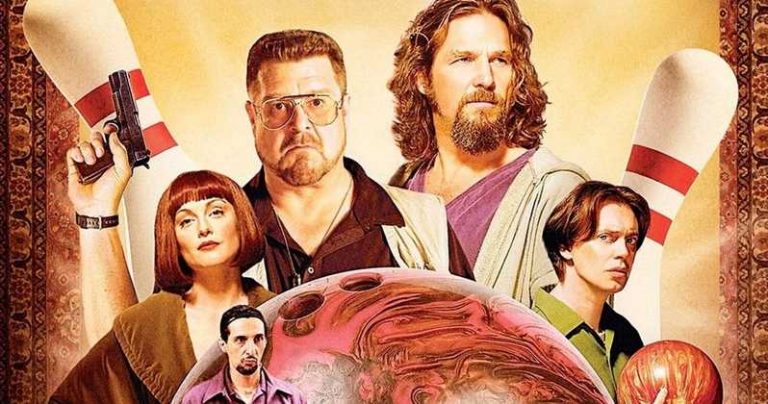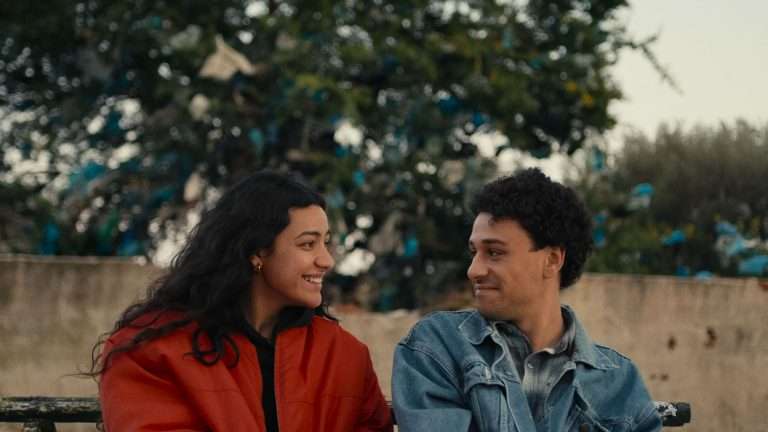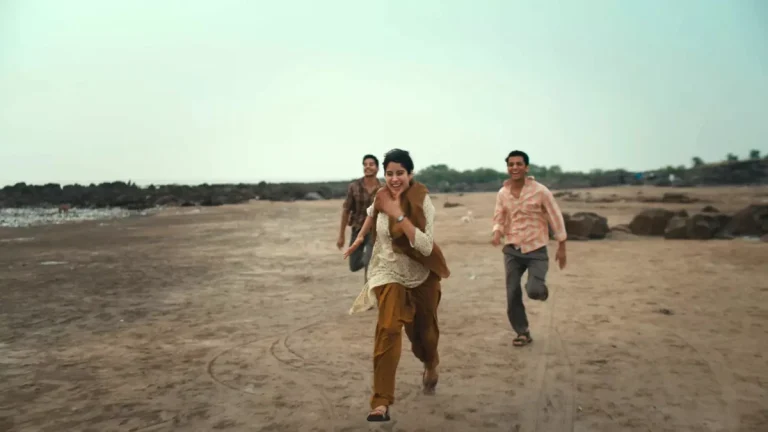As a sampler of the cuisine called Bengali commercial cinema, I have come across the works of “First Boy” Srijit Mukherji. With all the barbs being put aside, his earlier work set benchmarks for the Bengali film landscape. One will also admit that his outings stretching for the last five years have ranged from middling to straight-up disposable. It could perhaps be argued that the frequency of his work dilutes his quality. “Dawshom Awbotaar” (The Tenth Avatar) seems to be the safest bet for Srijit Mukherji as a filmmaker. For one, it is a prequel to one of his cult classics, “Baishey Srabon,” where he would resurrect Prabir Roychoudhury (Prosenjit Chatterjee), the no-nonsense foul-mouthed police officer and serial killer expert who had also been moonlighting as a serial killer in that movie and had killed himself. Thus, his return would vouch for a prequel.
It is also, following the times, the beginnings of a “Cop Universe,” with the minor character DCCP Poddar (Anirban Bhattacharya) of his 2019 film “Vinci Da” being brought in and connecting the movies. As it is established to be a prequel, Poddar is now an inspector, and most importantly, he is junior to Probir’s senior, thus establishing a buddy-cop routine that had also been a staple in Baishey Srabon. Finally, it is Mukherji’s outing into the thriller genre and a release during the festivities, a period the director himself believes has fetched him a 100% success rate, at least commercially.
Dawhsom Awbotaar has all the hallmarks of a prequel, which is also acting as a nostalgic sequel. A serial killer hunts down the big whales and wretches of society. The killer, too, has a pattern, leaving clues or changing his modus operandi according to the mythological intricacies of the ten avatars of Vishnu, believing himself to be the tenth avatar. Probir Roychoudhury is the only one who can solve this case, and he brings in Inspector Poddar because the man has enough of a smart mouth to trade barbs with him while also having enough intelligence to be a capable partner in solving this case. This would theoretically give us an entertaining and good film in the process.
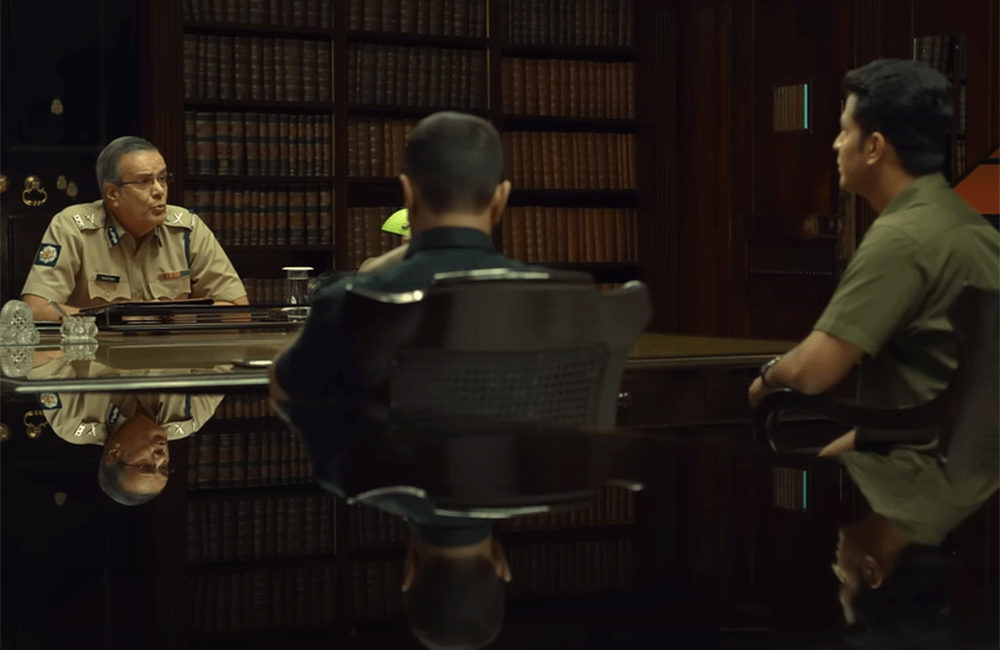
Practically, the movie is entertaining, but whether it is an overall good film is debatable. The script by Srijit Mukherji is less of a twists and turns-filled thriller but more focused on the buddy cop aspect. One could argue that Mukherji is taking all the popular moments and dialing them up to eleven. In the case of penning the dialogues, it hits the mark because Mukherji might have crafted some of his funniest banters exchanged between two of his characters.
Both Probir and Poddar become richer characters and fun to follow because of the banter and the performances of Prosenjit Chatterjee and Anirban Bhattacharya. The two share crackling chemistry, with Chatterjee fitting into the Probir character like a glove. While sometimes the banter might feel almost devolving towards parody, the conviction of the performances sells the viewer into the rhythm.
In most Srijit Mukherji films, especially his later-era thrillers like “Vinci Da” and “Dwitiyo Purush,” the story has been lacking. For “Dawshom Awbotaar,” Mukherji goes back to the basics, not including many shocking twists in the narrative or using unnecessarily non-linear structure. Taking the format of a how-dunnit and a why-dunnit, Mukherji sticks to it. One could argue that he sticks to it almost too faithfully, but trope-heavy storytelling is necessary for a safe bet.
Jisshu Sengupta as Biswaroop, the titular serial killer, is not menacing, but there is a certain world-weary conviction within him, which, as the character details are revealed, makes sense. Jaya Ahsan’s character of Moitrayee is introduced as a result of plot contrivance, and any viewer having a modicum of idea of how these thrillers end up would already be cognizant of where her character arc is moving towards halfway through the movie. Her romantic track with Poddar isn’t developed much in the plot, but the chemistry between Bhattacharya and Ahsan does the heavy lifting. However, the ending, while working on paper, falls flat because of Mukherji’s execution.
Mukherji had been gifted with a higher budget and had utilized that positively, such that the color grading looked better. He also crafts a long-take sequence through the interior of a car during a car chase that looks impressive. However, his obsession with speed-ramping and the resultant abuse of slow motion increase the runtime and become almost ancillary during instances.
With his typical drone shots and jarring editing, this addition to Mukherji’s stylistic signature is unwelcome. It works very well in setting up an unsettling and dark opening, but when Poddar enters a bar, puts a betel leaf in his mouth, forcefully closes the bar, and starts interrogating the bartender—with all these sequences shot in slow motion—I am already exhausted. And this occurs within the first ten minutes of the movie.
That speed-ramping nicely offsets the fast-talking nature of the insults and barbs exchanged by our two protagonists and the melodious soundtrack by Anupam Roy. Looking at Dawshom Awbotaar as a whole, Mukherji’s latest outing has some bright spots in it – its brightest spot being his tending towards simplicity in his plotting. However, he leans way too aggressively in his stylizations. As a result, the ending reminds you unfavorably of the ending of Vijay Krishna Acharya’s Dhoom 3, and that is not a movie you want your film to be associated with. However, the chemistry between the protagonists and the finite in-story-timeline is enticing enough that I look forward to a continuation. Honestly, that is in itself a compliment.




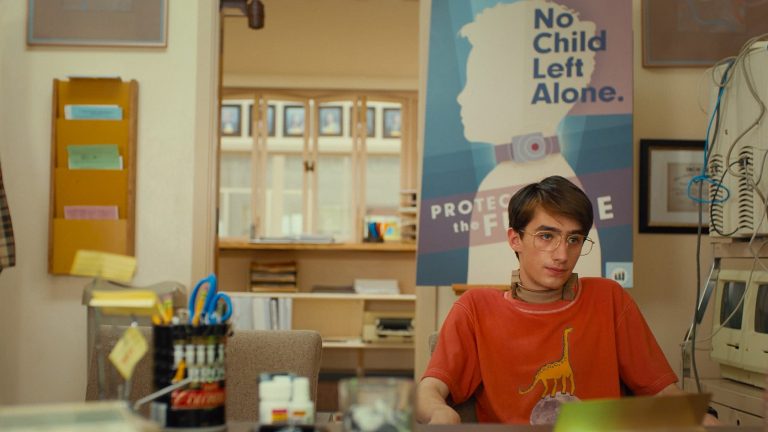
![How it Ends [2021]: ‘SXSW’ Review – An Exuberant Comedy About the End of the World](https://79468c92.delivery.rocketcdn.me/wp-content/uploads/2021/04/How-it-Ends-1-768x432.jpg)
![The Beguiled [2017]: A Fable turned nightmare](https://79468c92.delivery.rocketcdn.me/wp-content/uploads/2017/07/The-beguiled-2017-768x403.jpg)
